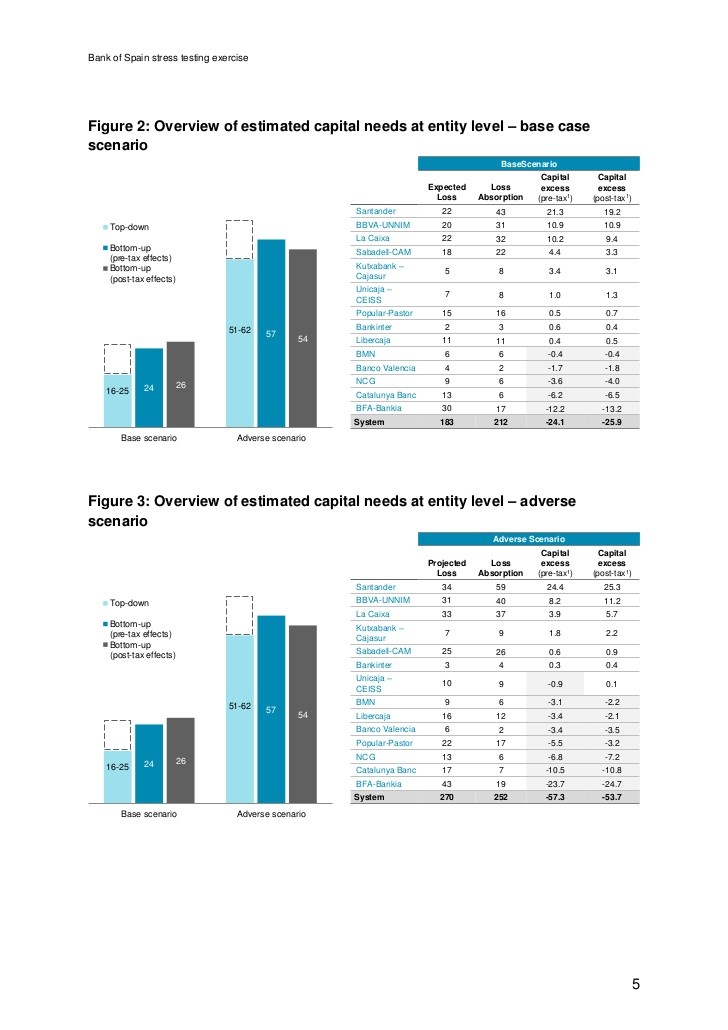Capital Losses and Tax_1
Post on: 20 Апрель, 2015 No Comment

Capital Asset Defined
The term capital asset has the same meaning as given in I.R.C. Section 1221 and is limited to assets which are sold, exchanged or otherwise disposed of by a person while he or she is subject to taxation under this chapter on any Part A or Part C taxable income; provided further that certain property is treated as if it were a capital asset within the meaning of I.R.C. Section 1221:
For Massachusetts purposes, capital assets include:
- all assets that are capital assets within the meaning of I.R.C. Section 1221 such as stocks and bonds;
- depreciable property used in a trade or business within the meaning of I.R.C. Section 1231(b), without regard to the holding period requirements; and
- depreciable property held in connection with a trade or business or transaction entered into for profit within the meaning of I.R.C. Section 1231(a) without regard to the holding period requirements.
There are no Massachusetts provisions to allow I.R.C. treatment for ordinary income or loss for the following:
- ordinary gain or loss from the sale of I.R.C. Section 1231 assets held for less than one year;
- Sections 1245 and 1250 recapture of depreciation as ordinary income from the sale of I.R.C. Section 1231 assets;
- ordinary loss from the sale of I.R.C. Section 1231 assets held for more than one year;
- ordinary loss treatment from the sale of I.R.C. Section 1244 stock.
Federal Provision, I.R.C. Section 1221 defines capital asset to mean property held by the taxpayer (whether or not connected with his trade or business), but does not include: 
- stock in trade or other property which would properly be included in inventory;
A capital asset is any property owned and used for personal purposes or investment such as:
- a house owned and used by you or your family;

A collectible is any capital asset as defined in I.R.C. Section 408(m) which includes works of art, rugs, antiques, metals, gems, alcoholic beverages, certain coins and any other items treated as collectibles for federal tax purposes.
Gain from the sale or exchange of capital assets held for personal use or investment is a capital gain reported on Schedule D, Part I or II unless specifically excluded, i.e. personal residence exclusion amounts.
Loss from the sale of exchange of capital assets:
Form 1099-S:
If a taxpayer had a loss from the sale or exchange of real estate held for personal use for which he or she received a Form 1099-S, the transaction must be reported on Schedule D even though the loss is not deductible. For example, if a taxpayer has a loss on the sale of a vacation home, the loss amount is reported on Line 1 or 8 (short or long). The taxpayer completes columns (a) through (e) but enters 0 in column (f) since the loss is not deductible.
Adjusted basis of property = the initial cost less depreciation, plus capital improvements.
Amount realized = the amount received upon the sale or exchange of property, less the cost incurred to transfer the property. The amount received includes cash and the fair market value of any property or services received, plus any debt assumed by the buyer.
Capital Asset has the same meaning given in I.R.C. Section 1221. provided further that property used in a trade or business within the meaning of I.R.C. Section 1231 is treated as if such property were a capital asset, without regard to the holding period in I.R.C. Section 1231.
Capital gain or loss = gain or loss on the sale or exchange of a capital asset determined using the Massachusetts adjusted basis: 
- capital gain or loss is long-term if the property was held for more than one year. Long-term capital gains, except gains on collectibles and pre-1996 installment sales, are taxed at 5.25% on Schedule D. Gains from collectibles and pre-1996 installment sales are taxed at the 12% rate on Schedule B.
- capital gain or loss is short-term if the property was held for one year or less. Short-term gains and gains from collectibles are taxed at 12% on Massachusetts Schedule B.
Capital improvements = the cost of improvements to property if they increase the value of property, lengthen its life or adapt it to a different use. Examples: adding a new room, new plumbing or wiring, installing a new roof, etc. Capital improvements are added to the cost of the property.
Collectible is any capital asset as defined in I.R.C. Section 408(m), as amended and in effect for the taxable year, which includes works of art, rugs, antiques, metals, gems, alcoholic beverages, certain coins and any other items treated as collectibles for federal tax purposes. 
Cost basis of property = the amount paid in cash, debt obligations, or other property. Cost also includes amounts paid for miscellaneous items such as excise taxes, installation and testing charges, freight charges to obtain the property, etc. 
Current gain or loss is gain or loss from a sale of property that is realized in the current taxable year. 
Depreciation: if property is used to produce income, such as rents, the owner can recover some or all of the cost of the property through tax deductions. This is done by depreciating the property, i.e. reducing a portion of the cost of the property each year. Depreciation taken reduces the basis in the property. (Also see TIR 02-11.) 
Fair market value = the price at which the property would change hands between a buyer and a seller, neither being forced to buy or sell and both having reasonable knowledge of all the relevant facts.
Gain or loss: If the amount realized from a sale of property is more than the adjusted basis of the property transferred, the difference is a gain; if the adjusted basis of the property transferred is more than the amount realized, the difference is a loss.
Holding period of capital assets sold or exchanged: For purposes of determining the length of time a capital asset is held, the Massachusetts holding period is generally the same as the holding period determined for federal tax purposes. However, for Massachusetts purposes, a capital asset acquired before January 1, 1996, is deemed to have been acquired on the later of (i) January 1, 1995 or (ii) the date of actual acquisition. 
- capital gain or loss is long-term if the property was held for more than one year. Long-term capital gains, except gains on collectibles and pre-1996 installment sales, are taxed at 5.25% on Schedule D. Gains from collectibles and pre-1996 installment sales are taxed at the 12% rate on Schedule B.
- capital gain or loss is short-term if the property was held for one year or less. Short-term gains and gains from collectibles are taxed at 12% on Massachusetts Schedule B.
Long-term capital gain or loss = gain or loss on the sale or exchange of a capital asset held for more than one year. Long-term capital gains, except gains on collectibles and pre-1996 installment sales, are taxed at 5.25% on Schedule D. Gains from collectibles and pre-1996 installment sales are taxed at the 12% rate on Schedule B.
Ordinary gain or loss = gain or loss from the sale or exchange of assets other than capital assets. Massachusetts does not allow the special federal provisions stated below.
Ordinary loss treatment, special federal provisions = favorable treatment of gains and losses from the sale or exchange of certain assets; the gains are given capital asset treatment, and the losses are given ordinary treatment. These provisions are for federal purposes only.
Prior year gain or loss is a sale of property that was realized in a prior taxable year.
Sale of Exchange: Any disposition that is a sale or exchange for federal tax purposes within the meaning of Code section 1222, 1231 or other relevant Code provision, or any disposition that is a compulsory or involuntary conversion for federal tax purposes within the meaning of Code section 1231(a)(3)(A)(ii), if and to the extent that gain or loss on the disposition or conversion is taken into account in determining the taxpayer’s federal income tax liability under the Code. 
Selling Price = the amount received upon the sale or exchange of property, less the cost incurred to transfer the property. The amount received includes cash and the fair market value of any property or services received, plus any debt assumed by the buyer.
Short-term capital gain or loss = gain or loss on the sale or exchange of a capital asset held for one year or less. Taxable income attributable to short-term capital gains is taxed at 12%.
Example to show impact of depreciation: Depreciable property is sold for $280,000. Original cost of this property was $50,000, depreciation taken was $5,000 per year for 3 years and capital improvements were $25,000. 
cost of depreciable property














